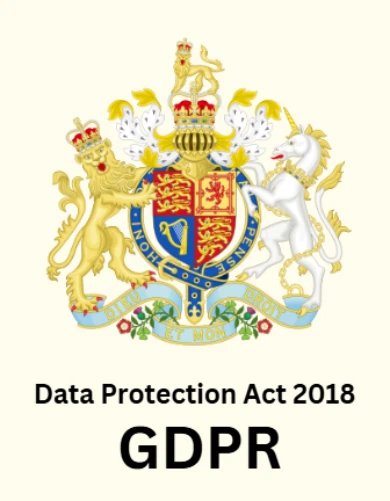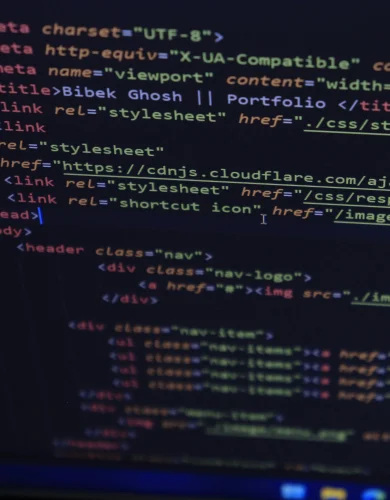 The effects of GDPR on business cybersecurity
The effects of GDPR on business cybersecurity GDPR is the UK’s data protection law. While its most visible impact is forcing websites to display cookie banners and privacy consent prompts, it also has significant implications for how business cybersecurity systems are designed. Any organisation that handles personal data must ensure its systems protect that data and can demonstrate this in the event…
read more CityFibre explained: Who they are and how their full fibre network works
CityFibre explained: Who they are and how their full fibre network works CityFibre is one of the UK’s largest independent full fibre network operators, responsible for building and operating wholesale broadband infrastructure across towns and cities nationwide. Rather than selling broadband directly to homes or businesses, CityFibre provides the underlying fibre network that internet service providers use to deliver ultrafast connectivity. This guide explains who CityFibre is,…
read more Web Application Firewalls (WAFs) for businesses
Web Application Firewalls (WAFs) for businesses Web applications such as websites, cloud platforms, and APIs are central to modern business workflows, but they are vulnerable to HTTPS-based attacks that can disable applications, grant access to internal systems, trick users, or steal data. Web Application Firewalls (WAFs) protect these by analysing and filtering incoming HTTPS requests based on perceived risk. This guide…
read more The Community Fibre network: Speeds, availability and infrastructure
The Community Fibre network: Speeds, availability and infrastructure Community Fibre is one of the UK’s fastest growing full fibre broadband networks, with a strong focus on urban connectivity and 100% full fibre infrastructure. Its network supports broadband speeds of up to 10 Gbps, significantly higher than the fastest widely available services on the Openreach network. This guide explains who Community Fibre is, how…
read more WiFi 7 for Businesses: Benefits, setup and upgrade guide
WiFi 7 for Businesses: Benefits, setup and upgrade guide WiFi 7 is the latest standard for local wireless connectivity. It manages wireless traffic more intelligently and can support up to twice the usable capacity of WiFi 6E, delivering a major improvement for busy networks. However, WiFi 7 offers limited benefit unless WiFi 7-compatible devices are in use and the wired LAN and broadband connection…
read more Security Information and Event Management (SIEM) for businesses
Security Information and Event Management (SIEM) for businesses Security Information and Event Management (SIEM) is a cybersecurity platform that collects and analyses data from across an organisation’s systems to identify suspicious activity and threats, and generate alerts. It serves as the cybersecurity HQ for organisations with extensive digital estates, providing security teams with global visibility into all systems from a single place. While…
read more